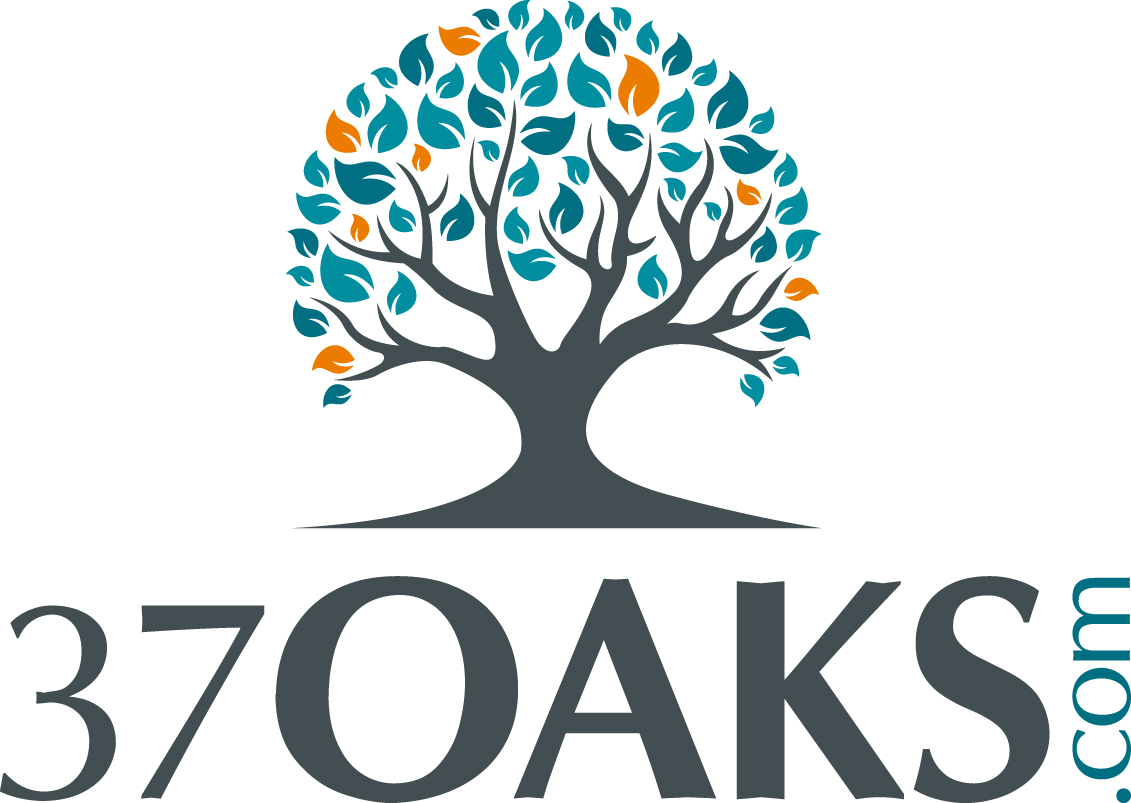
When Terrand Smith joined Prosperity Now’s Growth Business Accelerator (GBA), she brought a bold vision: help product-based businesses not just survive, but lead in a fast-changing economy. As the founder of 37 Oaks, she already knew what it took to build strong, commerce-ready companies. But through the GBA, she discovered a new dimension to growth, which is one rooted in sustainability, practical innovation, and long-term resilience.
In this spotlight, Terrand shares how the program sharpened her strategy, deepened her toolkit, and opened new possibilities for the entrepreneurs she serves. Her story is part of a broader movement you’re building with us, where small business support meets future-focused solutions, and community-focused organizations are driving what comes next.
37 Oaks is an education company that transforms small businesses into commerce-led assets. For over 10 years, we’ve focused on helping small-scale manufacturers and other product-based businesses prepare for and succeed in e-commerce, wholesale, storefront, and pop-up channels. We work alongside municipalities, economic development organizations, financial institutions, and corporations across the country that understand that investing in small businesses drives economic growth. With over 50 37 Oaks University courses, more than 30 tools and resources, personalized coaching, and additional business services, we’ve helped thousands of entrepreneurs nationwide. Our goal is to help shift these businesses into growth mode so they can build profitable, scalable, and sustainable companies that fuel local and national economies.
We learned about the GBA Accelerator through our partners at IMEC, an Illinois-based organization of improvement specialists that helps manufacturers compete and excel globally. We’ve partnered with them before, and they immediately recognized how aligned this opportunity was with our mission. I was motivated to join because we want to ensure that the small businesses we serve aren’t left behind as the economy evolves. Sustainability isn’t just a global or corporate initiative; it needs to be woven into how small businesses operate and grow. Joining the GBA was a strategic way for us to explore new frameworks and bring back insights that could directly benefit our entrepreneurs.
Before this program, I knew the “growth economy” was important, but I admittedly saw it as something tied mostly to large corporations or environmental groups. It felt a bit out of reach for the small businesses we work with, especially given preconceived notions around cost, complexity, and capacity. Going through the accelerator completely expanded my view. I now see the growth economy as essential for long-term competitiveness and brand differentiation at every level. It’s about how we source, produce, package, ship, and even tell our brand stories. It still requires thoughtful strategy and effort, but with the right resources and knowledge, it’s far more attainable for small-scale manufacturers than I initially thought.
The most valuable parts were seeing clear, actionable pathways for how sustainability can integrate into a small business’s culture, along with the financial incentives, educational support, and resources available to make it possible. The classes helped connect the dots between big-picture sustainability and the practical levers small businesses can pull—like optimizing packaging, sourcing closer to home, or streamlining production. We still have more to learn, but this program reinforced that sustainability is a topic we can continue to grow into, embed in our coaching and courses, and use to create a more complete toolkit for our entrepreneurs.
When we’re advising businesses on strategy, innovation, sourcing, manufacturing, pricing, packaging, or marketing, sustainability is now an intentional part of the conversation. We’ve always touched on it, but now we can guide entrepreneurs more confidently, offering practical considerations, tools, and resources to explore. It’s also shaping how we design future courses at 37 Oaks University by incorporating concepts that show small business owners not only the moral responsibility of going green, but also the economic upside.
The peer support was truly invaluable. It helped translate concepts into real-world situations we could all relate to. It was also energizing to learn alongside other companies grappling with similar questions and concerns, even across different industries. That sense of community made it clear we’re all figuring this out together, and it sparked some great collaborations and fresh perspectives.
One major challenge is that many small business owners, especially right now, are focused on the fundamentals: reducing costs, increasing sales, and building the right team. In today’s environment, sustainability can seem like a luxury or something to address “later.” I believe that as the market stabilizes, owners will regain the capacity to explore new ideas and broaden what growth and innovation mean for their companies. Another hurdle is education. Many aren’t sure where to start, are concerned it will be costly, or can’t clearly see how it ties back to growth and profitability. Through this accelerator and our own work at 37 Oaks, we’re tackling this by breaking it into manageable, practical steps and sharing real-world examples from other small-scale manufacturers. We also connect sustainability to core business outcomes—like margins, customer loyalty, and risk management—so it’s understood as a growth strategy, not just an extra expense.
Two sessions in particular stand out. One highlighted the incentives and resources available to small businesses to help them launch or expand greener operations. Another was a hands-on exercise exploring what growth opportunities can actually look like in practice. It expanded my thinking on how the growth economy can show up in diverse, creative ways for our entrepreneurs, far beyond what I first envisioned.
Start small and stay curious. Look at one area—your packaging, production processes, or supply chain—and explore modest improvements you could make there. Don’t underestimate the marketing value of sharing how you’re working to do better. Today’s customers care deeply about where their dollars go, and sustainability can absolutely be a competitive advantage. And remember, programs like the GBA exist to guide you—there’s no need to figure it all out alone.
We’re in a very exciting phase. Beyond continuing our work with product-based businesses, we’re expanding our courses, coaching, and tools to dive deeper into manufacturing topics, support service businesses, advance innovation strategies, and grow global brands entering the U.S. Sustainability will be a critical part of this next chapter. We see the growth economy as a driver of innovation and resilience. Our mission is to ensure small businesses have a seat at that table—growing not just profitably, but sustainably.
